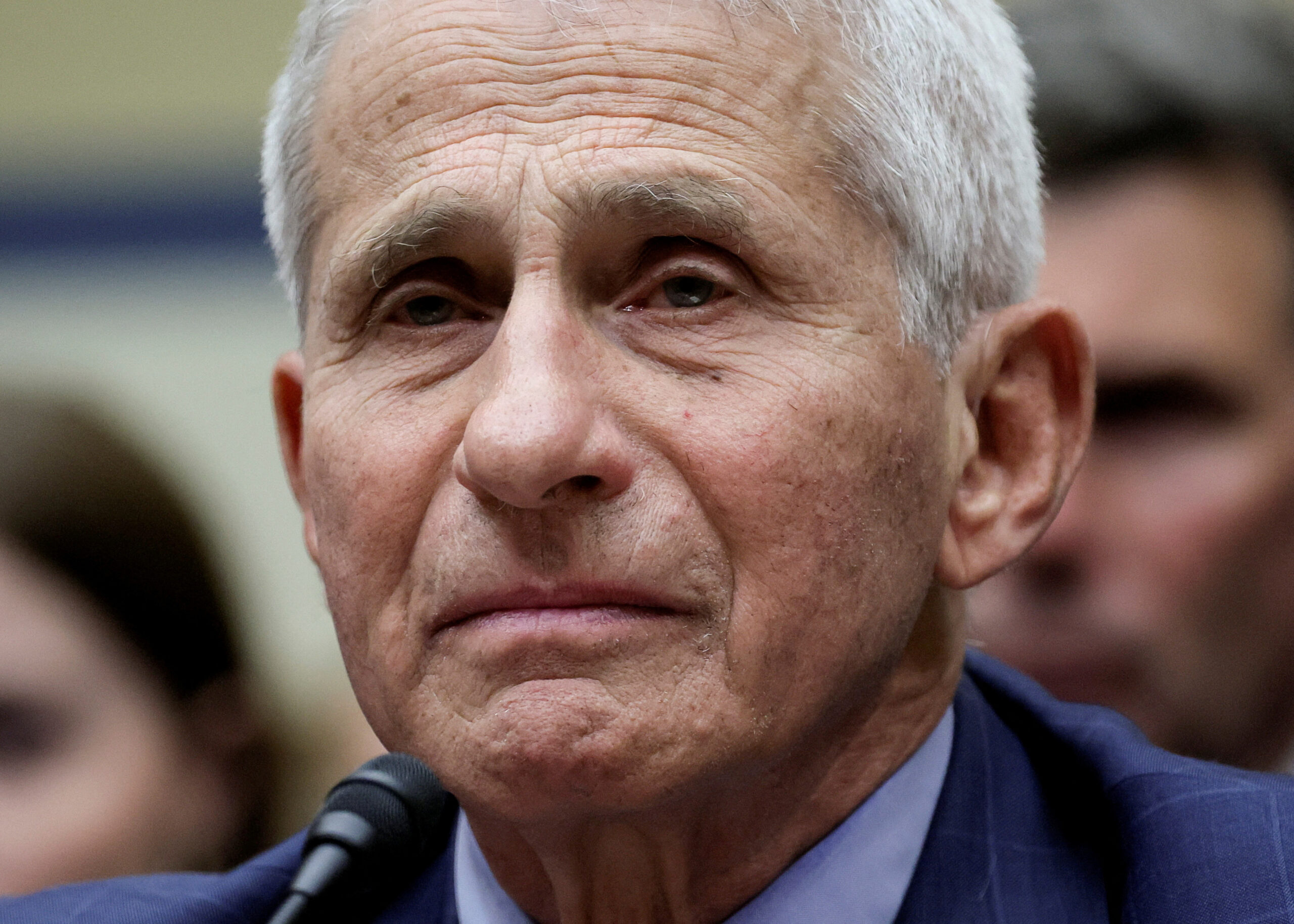A detailed report from the House Select Subcommittee on the Coronavirus Pandemic has concluded that COVID-19 most likely originated from a laboratory in Wuhan, China. The 520-page document also raises questions about the scientific foundation for key public health measures, including social distancing and masking policies, implemented during the pandemic.
Lab Origin Hypothesis Confirmed
The report reinforces the theory that SARS-CoV-2, the virus responsible for COVID-19, emerged from the Wuhan Institute of Virology. This conclusion counters earlier claims that the virus originated naturally in a wet market.
Key findings include:
- Unnatural Characteristics: Researchers identified biological features of the virus that are uncommon in naturally occurring pathogens.
- Single Introduction Point: Evidence suggests that all COVID-19 cases trace back to a single introduction to humans, aligning with the theory of a lab incident.
The report also highlights concerns about China’s lack of transparency during the early stages of the pandemic, citing deliberate obfuscation of crucial data and suppression of information.
“The evidence we have reviewed overwhelmingly supports the conclusion that the virus likely came from a lab in Wuhan,” the report states.
Social Distancing and Masking Policies Under Scrutiny
The report doesn’t just focus on the virus’s origins—it also questions the scientific basis of mitigation strategies like social distancing and masking.
During testimony before the subcommittee, Dr. Anthony Fauci, former Director of the National Institute of Allergy and Infectious Diseases, admitted that social distancing guidelines lacked robust scientific evidence.
“These guidelines sort of just appeared,” Fauci reportedly stated, acknowledging that the policies were implemented without thorough evaluation.
The report criticizes the federal government and health agencies for relying on incomplete or speculative data to impose sweeping public health mandates, which had significant social and economic consequences.
Impact on Public Trust
The subcommittee’s findings have sparked debate over the handling of the pandemic by public health authorities. Critics argue that inconsistent messaging and policies have eroded public trust in health institutions, while the report suggests that greater transparency and reliance on sound scientific evidence could have mitigated this erosion.
“The lack of clarity and accountability surrounding key decisions during the pandemic has done lasting damage to public trust,” said Subcommittee Chair Brad Wenstrup.
Recommendations for the Future
The report outlines several recommendations to prevent similar missteps in future public health emergencies:
- Enhanced Oversight of High-Risk Research: The report calls for stricter regulation of virological experiments involving gain-of-function research, which alters viruses to study their potential effects.
- Evidence-Based Public Health Policies: Policymakers are urged to ensure that future health guidelines are grounded in solid, peer-reviewed science.
- Increased Transparency: Health officials must prioritize open communication with the public to rebuild trust.
- Improved International Cooperation: The U.S. should work with global partners to demand accountability and transparency from countries involved in high-risk research.
Broader Implications
The report’s findings have reignited debates about the global response to COVID-19. While some view the conclusions as a vindication of the lab-leak theory, others see them as an indictment of how public health policies were hastily developed and implemented.
Political Reactions
Republican lawmakers have pointed to the report as evidence that public health officials and international institutions failed to act responsibly.
“This report confirms what many of us suspected from the beginning—that the virus likely originated in a Chinese lab and that public health officials made sweeping decisions without adequate scientific backing,” said Representative Jim Jordan (R-Ohio).
Democratic lawmakers, however, have cautioned against using the report to undermine public health initiatives, emphasizing the importance of learning from the pandemic rather than assigning blame.
What’s Next?
The report has set the stage for further investigations into the origins of COVID-19 and the decision-making processes behind public health mandates. It also underscores the need for systemic changes in how governments and health agencies respond to global health crises.
As the world continues to recover from the pandemic, this report will likely serve as a key reference for policymakers, scientists, and public health officials seeking to prepare for future challenges.
Sources:
- COVID ‘most likely’ leaked from Wuhan lab, social distancing ‘not based on science,’ select committee finds
- Dr. Anthony Fauci testifies on COVID policies before Congress
- House Subcommittee’s 520-page final report on COVID-19 response
- Wuhan lab leak theory gains credibility in congressional findings

